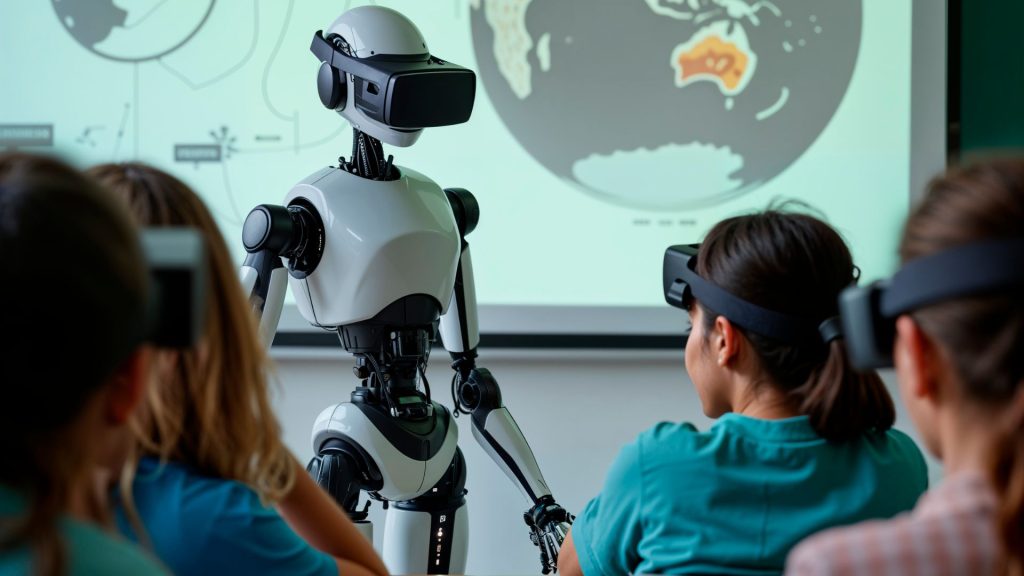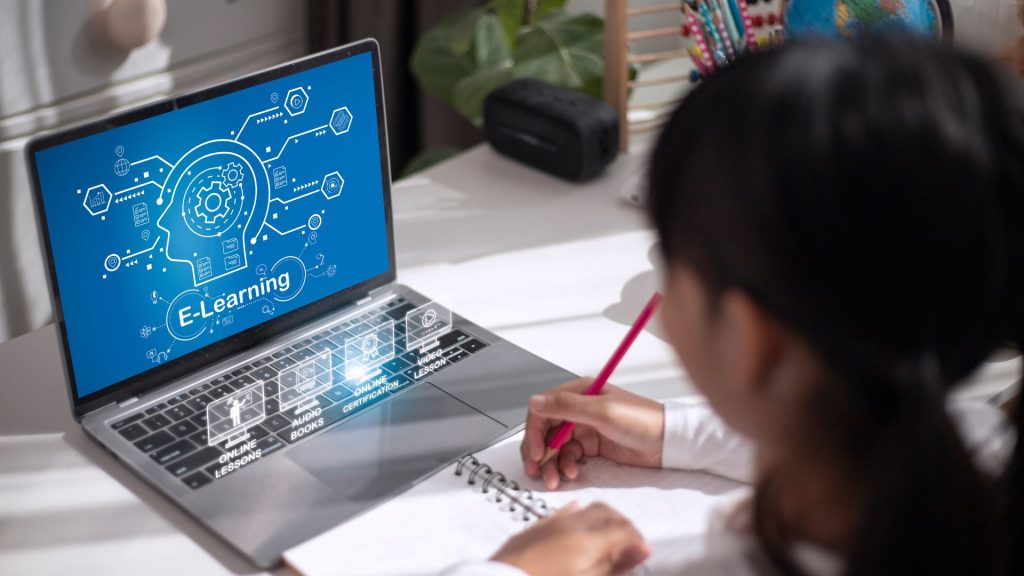AI-Powered Education: Transforming How We Learn, Teach, and Grow
AI-Powered Education: Transforming How We Learn, Teach, and Grow
Discover how Artificial Intelligence is revolutionizing education by enhancing learning experiences, empowering educators, and fostering personal growth.

Introduction
Education is undergoing a profound transformation, driven by Artificial Intelligence (AI). By personalizing learning, automating administrative tasks, and providing new tools for collaboration and creativity, AI is reshaping classrooms, empowering teachers, and equipping students with the skills needed for a rapidly changing world.
In this article, we’ll explore how AI is impacting education at all levels, from early learning to lifelong education. From adaptive learning platforms to AI tutors, we’ll uncover how this technology is making education more effective, inclusive, and accessible.
1. Personalized Learning Experiences
AI excels at tailoring educational content to individual learners. Adaptive learning platforms analyze a student’s strengths, weaknesses, and learning pace to provide customized lessons and exercises. This personalized approach ensures that every learner progresses at their own pace, mastering concepts before moving forward.
For instance, platforms like DreamBox and Coursera use AI to recommend content, quizzes, and challenges based on user performance. This not only enhances learning outcomes but also boosts student confidence and engagement.
2. Supporting and Empowering Educators
AI is a valuable ally for educators, automating routine tasks like grading and attendance tracking. Tools like Gradescope and Turnitin use AI to assess assignments quickly, freeing teachers to focus on instruction and student interaction. AI also provides insights into student performance, helping educators identify areas where students may need additional support.
Additionally, AI-powered professional development platforms offer teachers personalized training, enabling them to enhance their skills and adapt to new teaching methods. By supporting educators, AI strengthens the backbone of the educational system.
3. Enhancing Collaborative Learning
AI-powered tools are fostering collaboration among students, teachers, and parents. Platforms like Google Classroom and Microsoft Teams use AI to streamline communication, manage assignments, and facilitate group projects. AI chatbots assist with answering common questions, ensuring that students and parents receive timely support.
These tools create an interconnected learning environment where collaboration and teamwork are prioritized, preparing students for success in a globalized and digital world.
4. Making Education More Accessible
AI is breaking down barriers to education, making it more inclusive for learners of all abilities and backgrounds. Tools like speech-to-text and text-to-speech applications assist students with disabilities, while real-time translation apps enable cross-language learning in diverse classrooms.
For students in remote or underserved areas, AI-powered online learning platforms provide access to quality education resources, bridging the gap between urban and rural learners. These innovations are leveling the educational playing field and empowering students worldwide.
5. Fostering Lifelong Learning and Personal Growth
Beyond formal education, AI is fostering a culture of lifelong learning. Personalized learning apps and platforms like Duolingo and LinkedIn Learning enable users to acquire new skills at their own pace. AI algorithms recommend courses, track progress, and suggest next steps based on individual goals.
This continuous learning approach equips individuals to adapt to changing industries and pursue personal development throughout their lives.
6. Navigating Ethical and Privacy Concerns
While AI brings immense benefits to education, it also raises ethical concerns. Data privacy, algorithmic bias, and the potential for over-reliance on technology must be addressed to ensure a fair and secure learning environment. Transparency in how AI systems operate and handle data is essential for maintaining trust.
Policymakers, educators, and technologists must work together to create ethical guidelines that balance innovation with student welfare.
Conclusion
AI-powered education is transforming how we learn, teach, and grow, offering personalized experiences, empowering educators, and expanding access to knowledge. By fostering collaboration and lifelong learning, AI is equipping individuals and institutions to thrive in a rapidly changing world.
However, realizing the full potential of AI in education requires thoughtful implementation, ethical considerations, and a commitment to inclusivity. With the right approach, AI can shape a smarter, more equitable future for learners everywhere.




